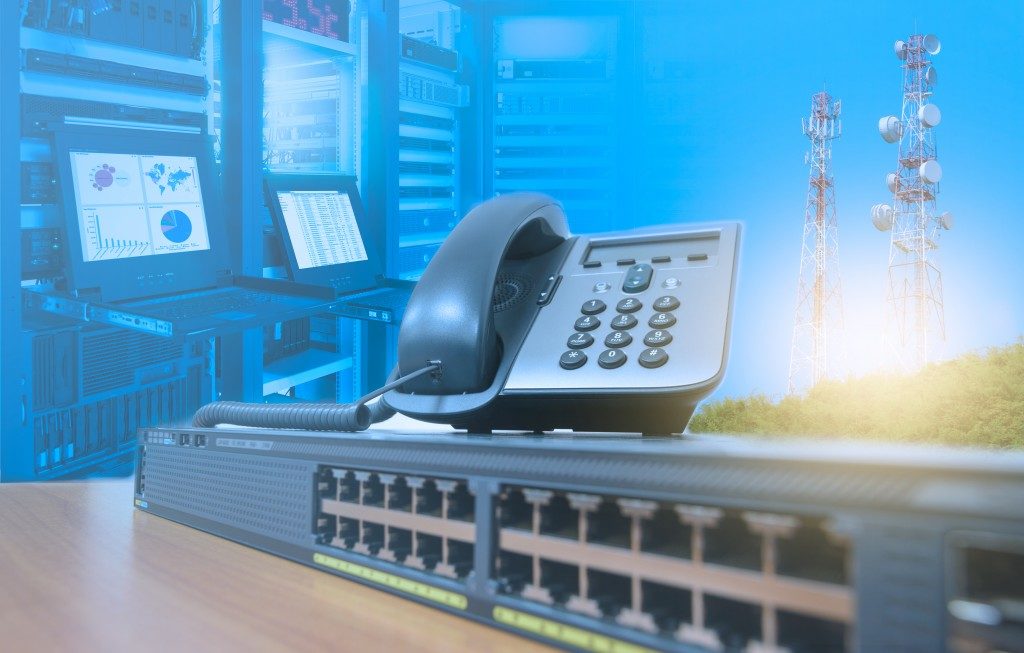PBX (Private Branch Exchange) systems have been in use for a long time, whether a business is small or large. But these companies don’t use the same system. They have the choice to use a traditional PBX system or an IP PBX system. But which one suits your business?
PBX systems are vital to businesses that rely on phone systems for their day-to-day activities. Standard features of PBX systems include business hour settings, placing customers on queues, and call conferencing.
It relies on the internet to send voice and video communications, so it does not use lines or cables to send transmissions or signals. This communication system has been useful for multinational companies but has also been a boon for small to medium companies (SMEs). The technology has leveled the playing field and allowed many entrepreneurs to compete with industry giants.
Why Use It?
PBX systems are commonly used for the centralization of calls. Companies can choose a line for making a specific type of call, thus allowing users or employees to multitask. This implies that you do not have to use different lines to make a phone call. By using a PBX system, you will have enough lines to handle the maximum phone calls at any given business hour. The result of this is a reduced operation cost and more effortless scalability.
How Does a PBX Server Operate?
 Both traditional PBX system servers and IP PBX systems rely on the internet. A traditional PBX system servers use a standard telephone line while the IP PBX servers rely on a computer and an internet connection. Traditional PBX systems are ideal for large scale businesses that have a considerable budget to accommodate them. But an IP PBX system is considered to be more cost-effective and suitable for small businesses, and it is much easier to scale. It relies on VOIP technology, and if you go with a hosted PBX solution, you will incur very minimal maintenance costs.
Both traditional PBX system servers and IP PBX systems rely on the internet. A traditional PBX system servers use a standard telephone line while the IP PBX servers rely on a computer and an internet connection. Traditional PBX systems are ideal for large scale businesses that have a considerable budget to accommodate them. But an IP PBX system is considered to be more cost-effective and suitable for small businesses, and it is much easier to scale. It relies on VOIP technology, and if you go with a hosted PBX solution, you will incur very minimal maintenance costs.
IP PBX System: Is It the Future?
Traditional PBX comes with its limitations. One of these limitations is that businesses are only allowed to make a specified number of outside calls. This is why most businesses are switching to IP PBX systems due to its numerous possibilities. With the IP PBX solution, you will have unlimited extensions and trunks, ring groups, digital receptionists, voicemail, and reporting. For many businesses, the IP PBX choice is a cost-effective solution as well as the best business management tool of the future.
Choosing the best PBX System for Your Business
The type of PBX system that you will choose will depend on a variety of factors. Consider the size of your business and the type of industry you are in. Think about your staffing and management needs and costs, and add to that the daily overhead that you need for your company’s utilities, equipment, supplies, and other processes. Sometimes, the best choice for you may not be the obvious one, especially when it comes to technology. There are many other business tools you could use to make your business succeed, but a PBX system is a communication tool you cannot do without in the digital age.

